
All Children’s Hospital Los Angeles locations are open.
Wildfire Support Line for Current Patients, Families and Team Members:
323-361-1121 (no texts)
8 a.m. - 7 p.m.
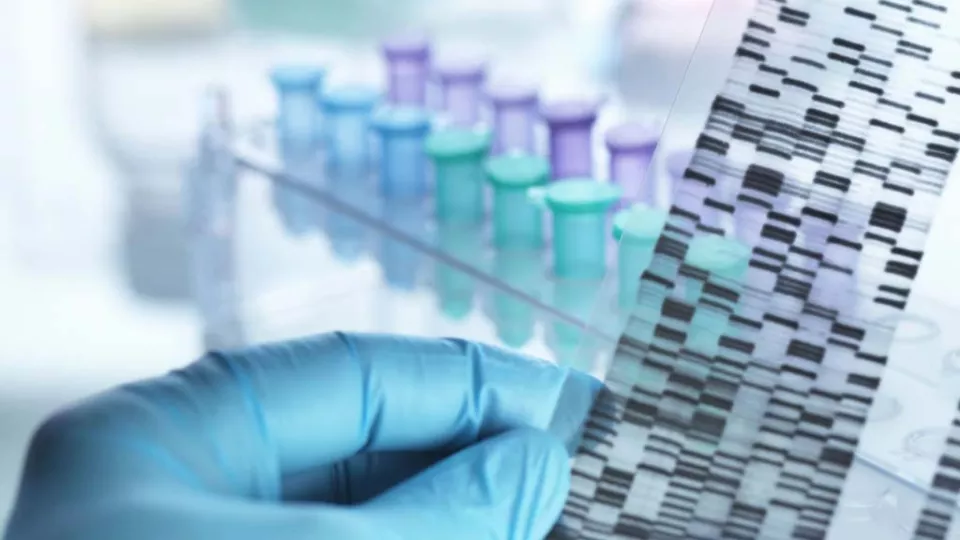
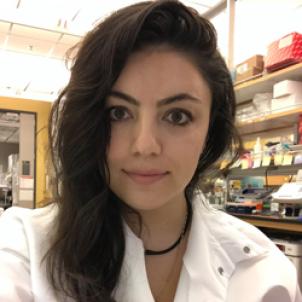
Astgik is a senior postdoctoral researcher working in Laura Perin’s laboratory. When asked about where her interest in biology comes from, her answer took us back to the mountains of Armenia.
As a young child, Astgik moved to California, more than 7,000 miles away from Armenia. After getting her Bachelor’s degree in Biology, she earned a PhD in Developmental, Stem Cell, and Regenerative Medicine at the Keck School of Medicine of USC. But her love of biology started long before secondary schooling.
“When I was young and would visit the mountains in Armenia, I had access to untouched nature,” she says. “I would observe the developmental cycles of frogs and I wondered about the inner workings driving development.” She says her passion grew in high school and college when she studied developmental biology and human embryology. Her goal is to become a Principal Investigator to work towards easing the burden of cancer and kidney disease in patients. She is well on her way to this goal, publishing more than ten peer-reviewed scientific articles during her time in Dr. Perin’s laboratory. Her most recent paper was a first-author publication in Nature Communications that described the novel glomerulus-on-a-chip, which represents a leap forward in kidney disease research.
When she isn’t in the laboratory, Astgik enjoys painting canvases, writing poetry, and cooking.
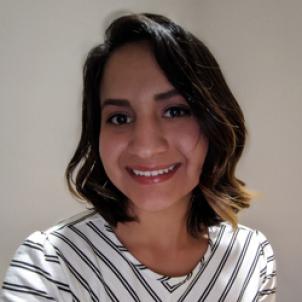
Jazmin is a graduate student in Tracy Grikscheit’s laboratory. She tells us about one important link between fruit flies and human health.
Jazmin is native to Southern California. She developed a fascination for stem cell biology during her undergraduate education and was able to put this interest to work in the lab during her senior year. Jazmin worked with Drosophila, using embryonic stem cells to study the toxicity of various compounds.
“This experience allowed me to realize the profound implications of stem cell research on human health,” she says. This realization spurred her to pursue the Bridges to Stem Cell Research and Therapy Program at CHLA. For the last two years, she has worked under the mentorship of Tracy Grikscheit, MD, and has just successfully defended her thesis proposal.
“Working in Dr. Grikscheit’s lab has helped me understand the translational value of research,” she says. “The prospect of stem cell-based therapies motivates me.” Jazmin aims to earn a PhD and contribute to biomedical advances in regenerative medicine. She has particular interests in biomaterials and tissue engineering.
Outside of research, Jazmin likes to cook and bake. She also enjoys snowboarding, roller skating, hiking, camping, and backpacking.
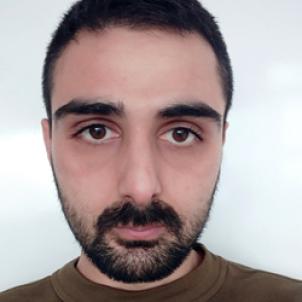
Stanislao is a postdoctoral fellow in Ching-Ling (Ellen) Lien’s laboratory, by way of Italy and Spain.
February is heart month. What better way is there to honor the occasion than to feature a researcher who studies coronary development?
Stanislao grew up in Italy, where he also received undergraduate and master’s degrees in cellular and molecular biology. When he moved to Spain, Stanislao developed a strong interest in the cardiovascular field, and went on to earn a PhD in molecular biology from the Autonoma University in Madrid. There, he studied the role of Notch ligands in coronary vessel angiogenesis during embryonic heart development.
His interest in coronary development continues to grow with his work in Dr. Lien’s lab. He is studying the molecular link between the cardiac lymphatic system and its association to the coronary arteries. His work uses zebrafish, an inch-long fish often used in regenerative tissue research due to its ability to regrow damaged heart tissue.
In his free time, Stanislao works on keeping his own heart healthy with running and exercise. He also enjoys listening to music.
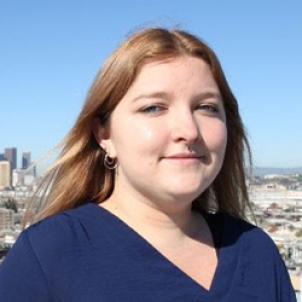
Edie is a PhD student in Mark Frey’s laboratory who has a passion for the gastrointestinal tract.
Edie is from Hawaii, but has been in Los Angeles since middle school. She earned her bachelor’s degree in microbiology from California State University Los Angeles, and is working toward a PhD in Dr. Frey’s lab. Edie is focusing on defining a novel role for a cell surface receptor lost in colon cancer.
Edie says she is motivated by the desire to study molecular mechanisms underlying human health and disease, and understands that life-saving knowledge often begins with basic science. She aims to become an independent biomedical scientist in order to make impactful contributions to medical biology.
In Dr. Frey’s lab, Edie’s research involves cell signaling in the intestinal epithelium. “I am fascinated by the balance of multiple factors in intestinal homeostasis,” she says. “It has to be carefully regulated in intestinal homeostasis and disruption of these processes results in disease.”
Her love for the intestines is clear, but they are not her only interest. She says, “I like disc golf, music, and the Cretaceous Period.”